From USC Benchwarmer to Cartel Smuggler: Inside “Cocaine Quarterback” With Director Jody McVeigh-Schultz
If the infamous trope “I know a guy who knows a guy” had a poster child, it should be Owen Hanson. Chronicled in a three-part docuseries, Cocaine Quarterback: Signal-Caller for the Cartel, from director Jody McVeigh-Schultz, the shocking events reveal how the former USC walk-on went from National Champion to convicted drug cartel smuggler.
McVeigh-Schultz, best known for helming the school spying scandal docuseries Spy High, gravitated towards the project for its unfiltered access to those involved. The interviews pull no punches – criminals speak with disarming honesty, often sounding a little smug or proud of their exploits. Listening to them recount their past unravels more like a plot to a Sicario film than real life. McVeigh-Schultz dug into the alluring subtext during prep. “We wanted to infuse this with a specific absurdity, unique style, and point of view,” he says of the Mark Wahlberg Unrealistic Ideas produced series. “I’ve compared the world we’re in to Cohen Brothers-esque. They’re masters, so I don’t want to compare this project to them, but that’s the kind of world it felt like.”
To give shape, the director researched news reports, interviews, and a book Hanson wrote about the incident. “I knew there were points of view that were going to be different from Owen’s, so it was very important to talk to criminals and co-conspirators who felt like he screwed them and talk to people who got involved in various things.”
Some of those connected to Hanson are from the 2004 Pete Carroll-coached USC football team, which was then led by quarterback Matt Leinart and running back Reggie Bush. The documentary frames that chapter of Hanson’s life as a kind of springboard for his future criminal activity, marking when he first connects with a rolodex of who’s who. “It’s interesting because Owen is like this benchwarmer, but he was literally the social center of that USC team,” he says. Speaking to that era is former USC and NFL running back LenDale White, who does not hold back, suggesting at one point that if anyone needed anything during their historic undefeated season, they’d tap Owen. “He’s the doctor. You call Dr. Owen, and he would make a play.”
And that only scratches the surface of what Cocaine Quarterback uncovers. Below, the director talks about the development, the most compelling part of Hanson’s story, and the production’s biggest surprise (which is not Owen laundering money through UGG boots).
You’ve done multiple projects with Unrealistic Ideas. Did this idea come from them or you?
They brought it to me. I’ve been able to do stuff in the true crime space, the sports space, and comedy. What’s interesting about this project is that it’s a little bit of all of those things. It’s tragic at times, but it’s totally absurd and hilarious at times. They also knew that I went to USC, and it turned out, I actually went to USC in the exact same years Owen did. So I think the Unrealistic team, and I should shout out [executive producers] Archie Gips and David Wendell, knew this would be in my wheelhouse.
Were the initial conversations with Owen the catalyst for the narrative?
Yeah, I did start with Owen. I had conversations with him while he was in prison, so they were in 20-minute segments because that’s the longest you can be on a prison phone. We talked a lot, and I think the one thing that you are thinking about speaking to someone who’s incarcerated for their crimes is what version am I getting? And I must say, I was impressed that Owen was so open about the things he did, even the things he wasn’t proud of.
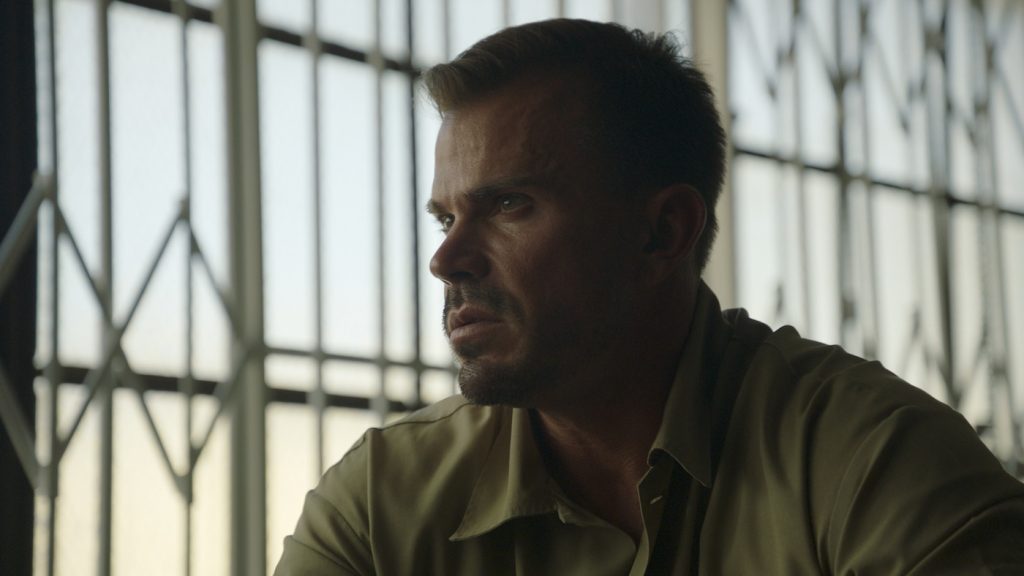
With three episodes, the tension rises fast. Was a tight format always the plan?
This could have been six episodes, but I think it wouldn’t have been as compelling. You want to ramp up the tension, the stakes, each time he gets into a bind. Owen had a whole early career building an offshore sports betting business, which was interesting. But for us, it was about how to tee up the most amazing part of his story, which was this incredible money laundering scheme in Australia, where he loses $2.5 million and everything goes incredibly wrong. It was about how to work backwards from this totally absurd moment and have that payoff in the best, most compelling way.
One opposing viewpoint is R.J. Cipriani, a gambler turned FBI snitch who goes by Robin Hood 702 and plays a crucial role in Owen’s arrest. How did you want to tell his side of the story?
Robin Hood 702 gets embroiled in this, and it culminates in a full-out conflict over the missing money. We also talked to law enforcement, who were hunting him down. Once you get a full picture and get several people saying what Owen’s saying may not be the truth, you can begin to piece together the most honest telling of this story from multiple perspectives.
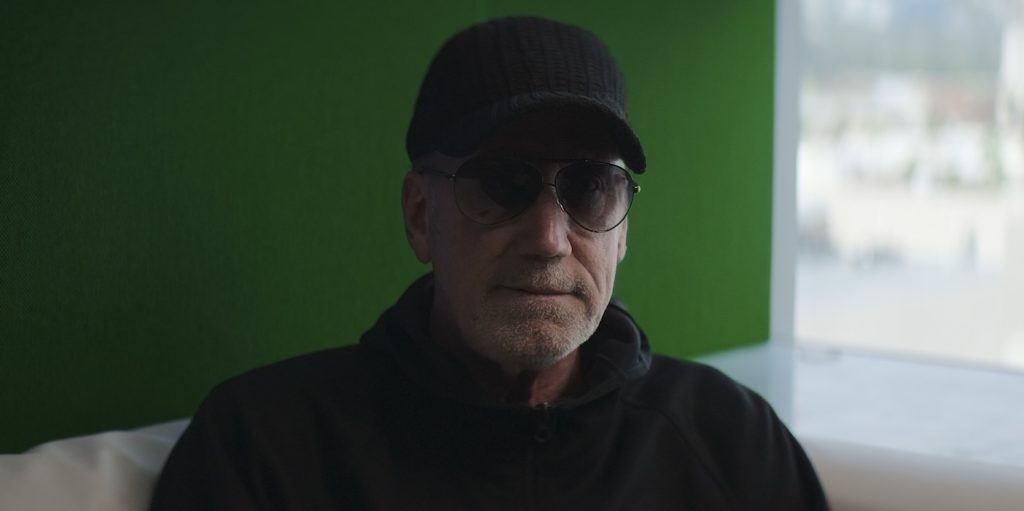
Owen was connected to the Sinaloa cartel. Did you consider connecting with someone from the outfit?
For us, that wasn’t what the story was about. It’s already been litigated so we didn’t think there was a need to create drama around it. But there is something interesting about the fact that in Owen’s telling of this, that guy is like this mythical, almost fictional person. But I can confirm that it’s a real person. Owen made a conscious choice to use essentially a nickname, El Jefe, for the guy who’s a lieutenant in the Sinaloa Cartel.
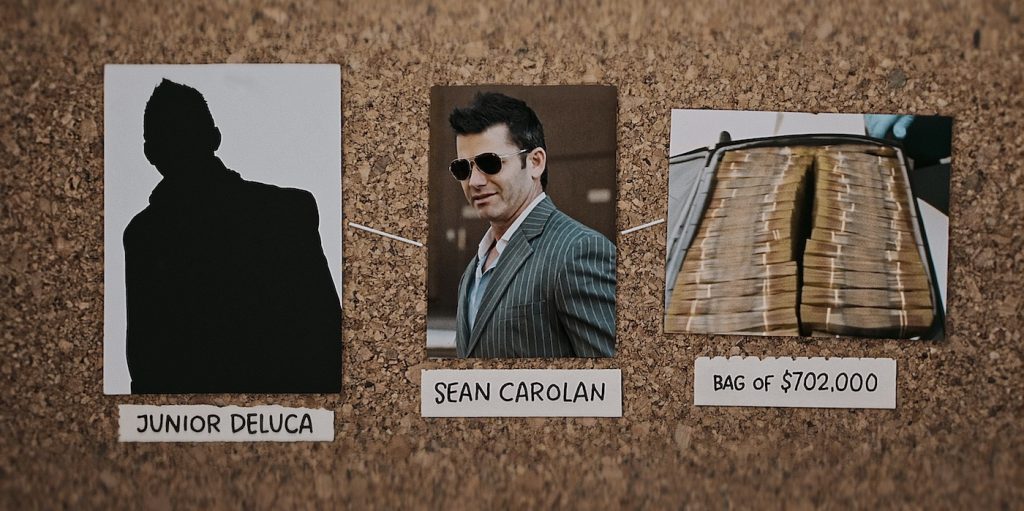
Former USC and NFL running back LenDale White is absolute fire as an interviewee. Were you surprised by him?
LenDale White is a legend. That guy says whatever is on his mind, and he has no filter. I just love that about somebody who could decide to play it very close to the vest and not be blunt. But he says exactly what’s on his mind and what was happening. And that’s so refreshing when you get that kind of interview, especially from an athlete. What’s funny is that we shot his interview at the 901 Bar, which, if you went to USC, is a legendary dive bar on campus. So, it was this hilarious, nostalgic moment for me where all these things came together.
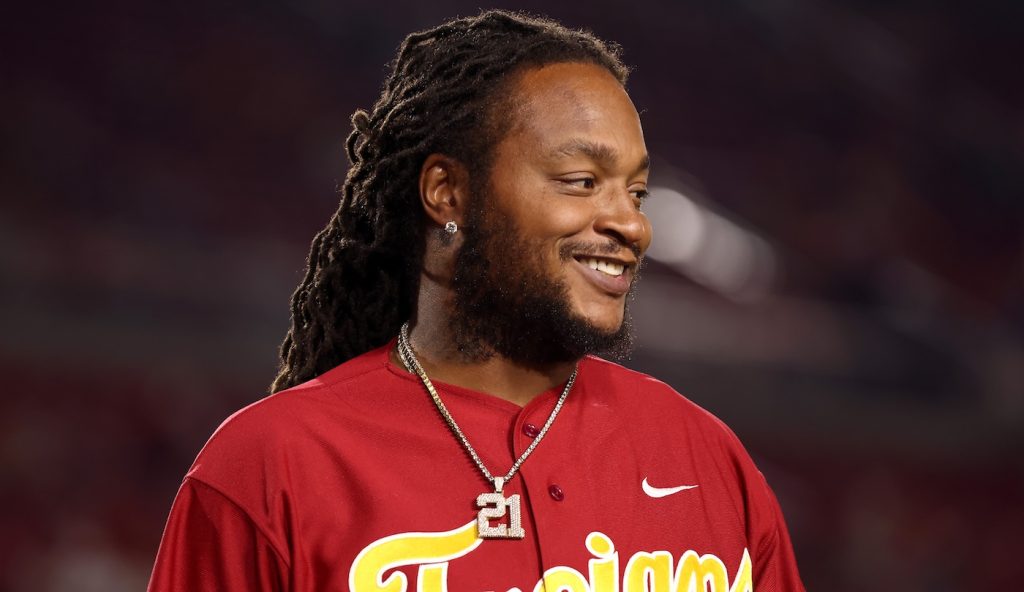
The doc revisits Owen’s ties to celebs and USC stars. Do you think they’ll distance themselves after this is released?
I mean, this is a guy who was at Reggie Bush’s wedding, which was not that long before his arrest. [Bush married in 2014, and Owen was arrested in 2015.] Reggie Bush declined to be interviewed, and I totally understand why. These are people with major media deals, and I don’t blame them at all for that. So it’s not like they’re staying good friends, but I don’t think there are hard feelings for him besmirching their name.
Did you know Owen was going to be released during production?
We got very lucky that he was released during the time we were in production, because that’s just such a unique moment. I think it’s been done a lot in documentaries, specifically about incarcerated people, but we wanted to show the reality of that. I don’t want to give away too much, but there’s a real ambivalence with his loved ones about whether he’s going to change. You do wonder with somebody whose entire life has been a hustle of some sort. It’s like, how do you turn that off? Or how do you put that hustle towards something positive? I think that’s the hope in all of it.
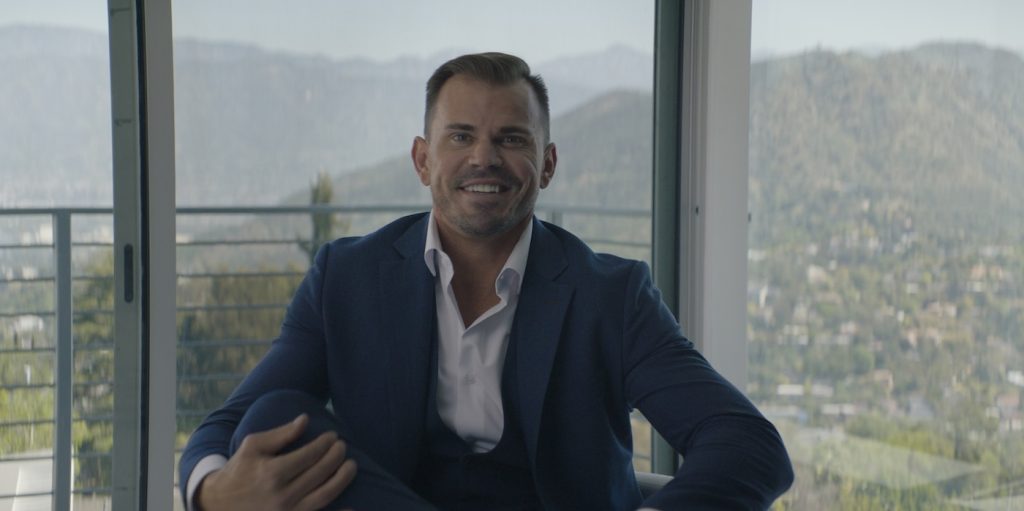
Cocaine Quarterback: Signal-Caller for the Cartel is streaming on Prime Video.
For more on Amazon MGM and Amazon Prime Video, check out these stories:
Denis Villeneuve’s James Bond Movie Enlists “Peaky Blinders” Creator Steven Knight to Write Script
From “Dune” to 007: Denis Villeneuve Will Direct Next James Bond Film
Featured image: Owen Hanson in “Cocaine Quarterback: Signal-Caller for the Cartel.” Courtesy Amazon Prime Video.



